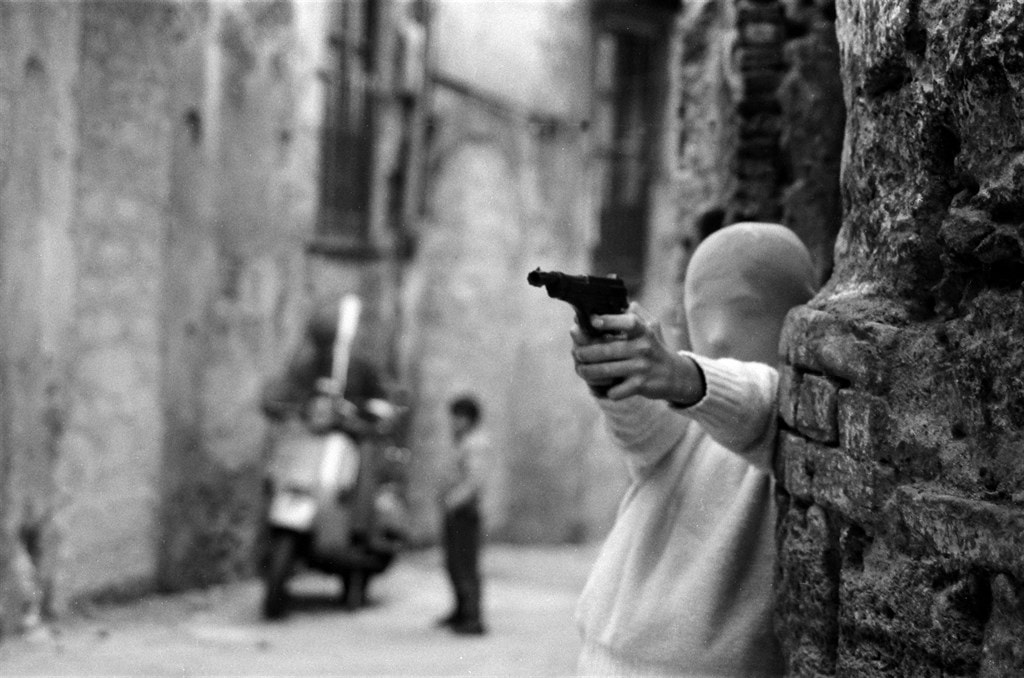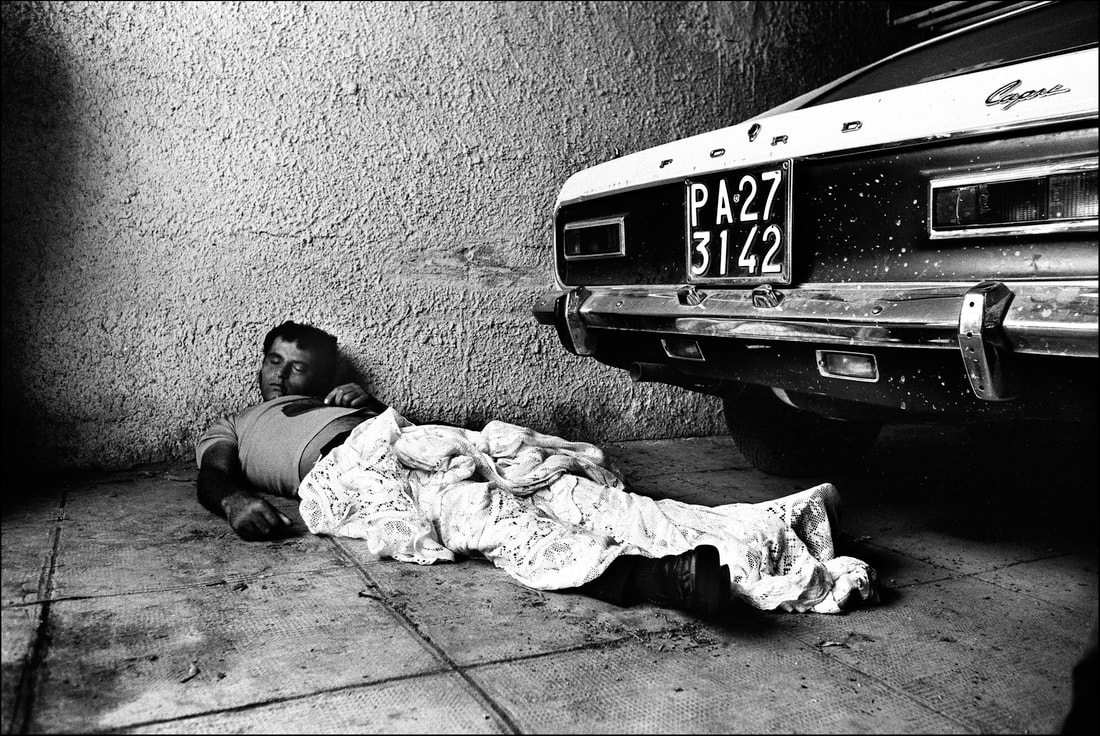|
Review by Sean Boelman Shooting the Mafia, directed by Kim Longinotto, is a new biographical documentary with one of the most interesting subjects one could imagine. Yet despite the truly fascinating story at the core of the film, Longinotto is unable to get her subject to discuss the most interesting aspects of her life, and as such, the movie falls flat. This documentary offers a biography of Italian photographer Letizia Battaglia, who spent her career photographing the mafia and the atrocities committed by them. In a world that often romanticizes the mafia (films like The Godfather having brought the lifestyle into the public eye), it is interesting and important to see an alternate perspective on this institution, particularly as it relates to the area in which it was born. Longinotto’s movie is at its best when it uses Battaglia’s photographs, letting them linger on screen as Battaglia discusses some of the horrific things she witnessed and documented. This film certainly isn’t for the faint of heart, as it pulls no punches in showing the brutality committed by the criminal organization at the core of the movie. However, Battaglia herself ends up being one of the main limitations of the film. Although interviews she conducted for the movie sometimes provide interesting insight into her work and the way in which the criminal underworld functioned, it soon becomes obvious that she doesn’t really want to be talking about these things (a stance which she even voices on occasion). As one would expect, there are some ethical issues involved with asking someone to recount such a difficult period of their life, and as such, Longinotto does have to take it a bit easy on Battaglia in the interviews. Thankfully, the honesty of the photographs does help a little in making up for the loss of depth in the interviews, but one can’t help but feel like something is missing from the film.
Additionally, Longinotto doesn’t seem to know exactly what she wants to say about Battaglia’s story. On one hand, it is a striking commentary on violence and the brutality of this criminal organization, discussing how wrong society was for turning a blind eye on these crimes for so long. However, Longinotto also seems to intend Battaglia’s story to be an inspiring tale with feminist undertones of an important artist doing what she can to be successful. These two storylines don’t sync together very well. On a technical level, the movie is somewhat lackluster. Although the incorporation of Battaglia’s photographs is excellent (and the images themselves are beautifully shocking), Longinotto’s work is somewhat sloppy. The interviews, for example, are poorly-composed and sometimes out of focus. The soundtrack choices are questionable at times as well. Though there are some interesting things happening in Shooting the Mafia, director Kim Longinotto simply doesn’t have enough control over her film for it to be truly effective. Perhaps at the hands of a different filmmaker, Battaglia’s story would have been better served. Shooting the Mafia is now playing in theaters. Rating: 2.5/5
0 Comments
Leave a Reply. |
Archives
April 2024
Authors
All
|
|
|
disappointment media
Dedicated to unique and diverse perspectives on cinema! |


